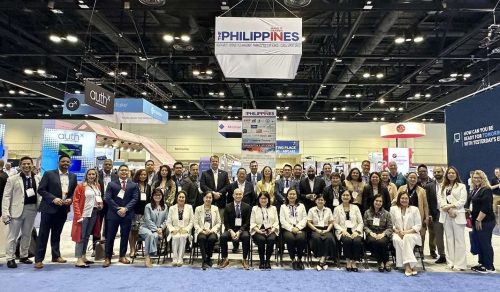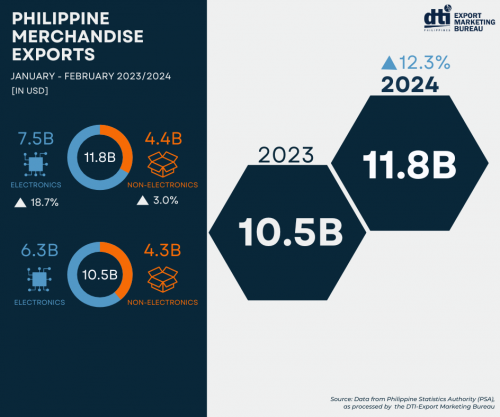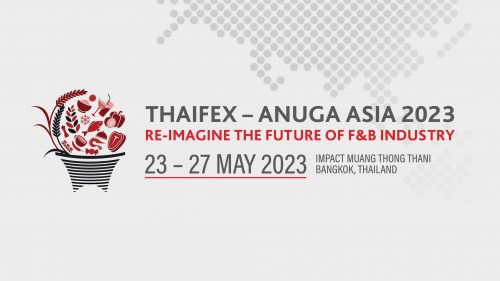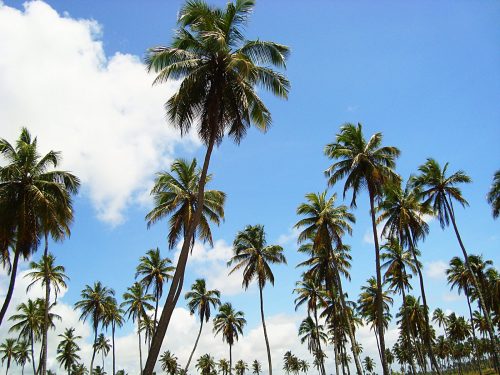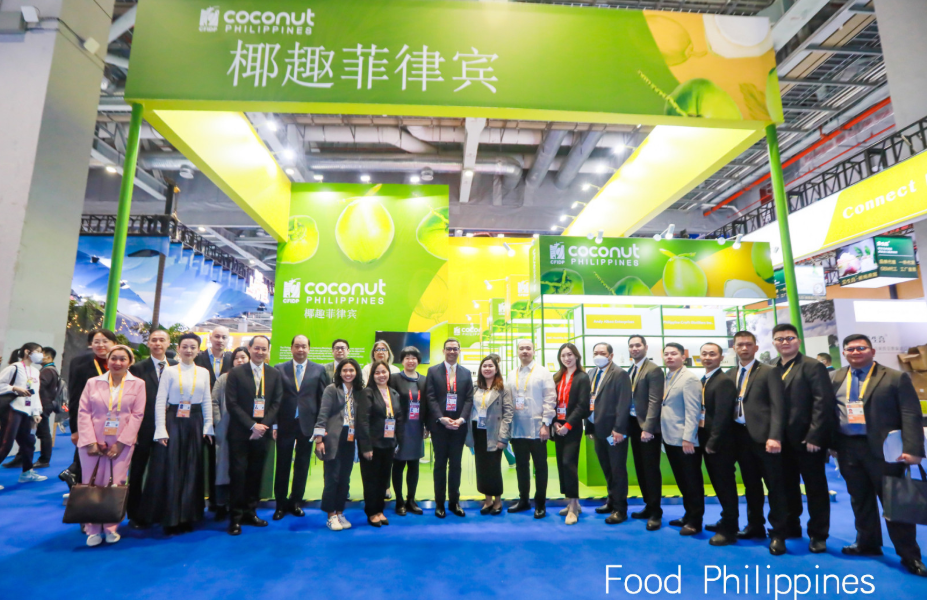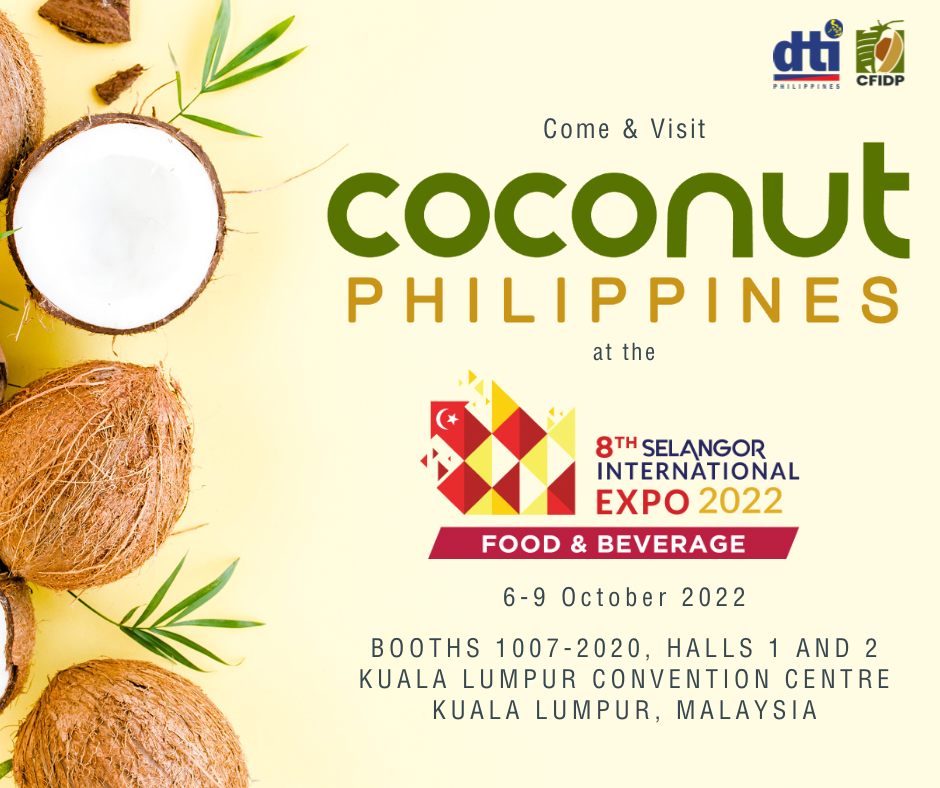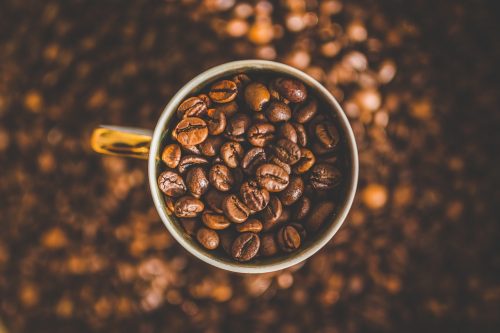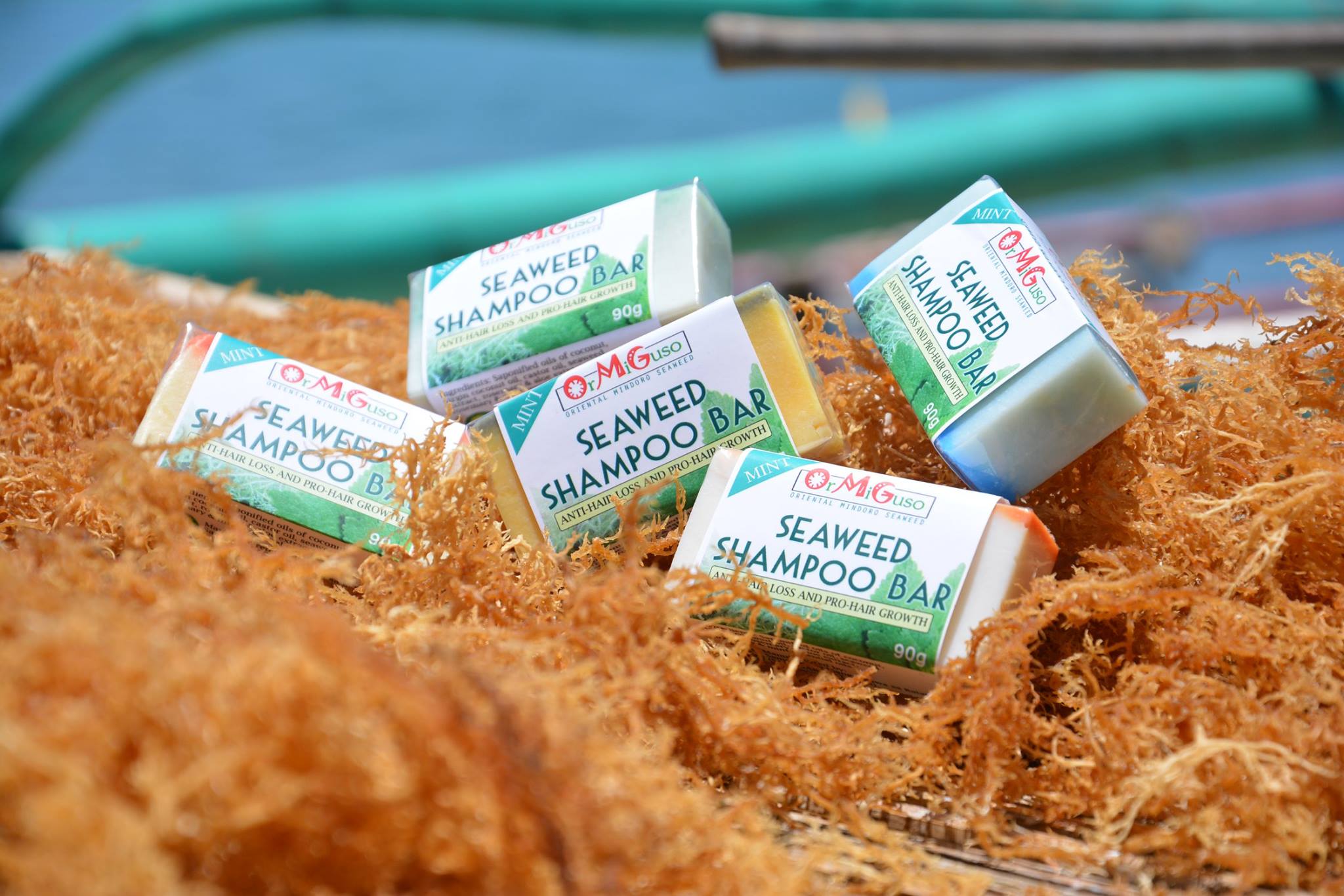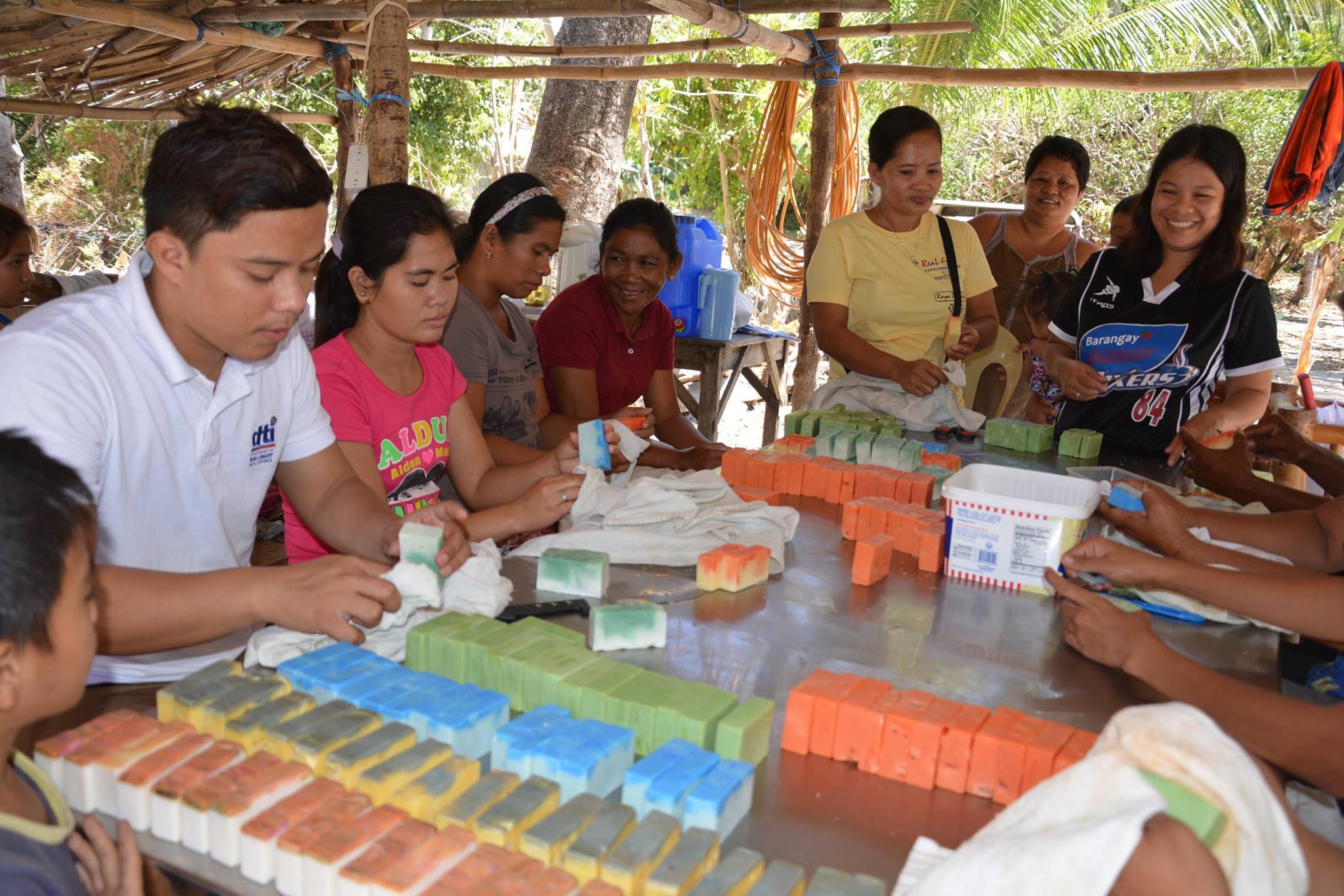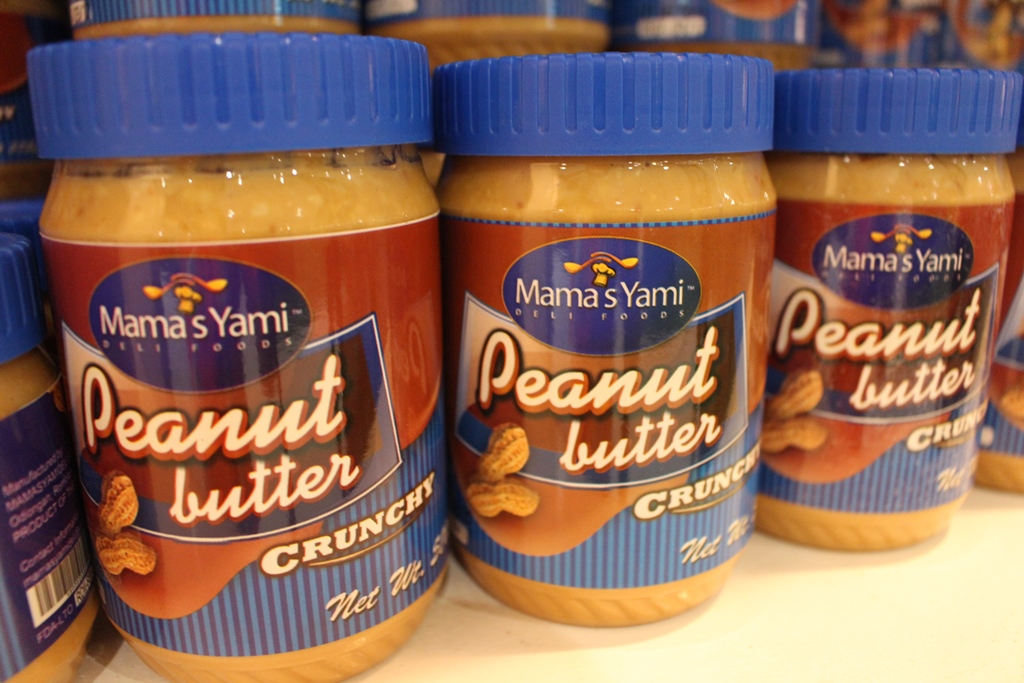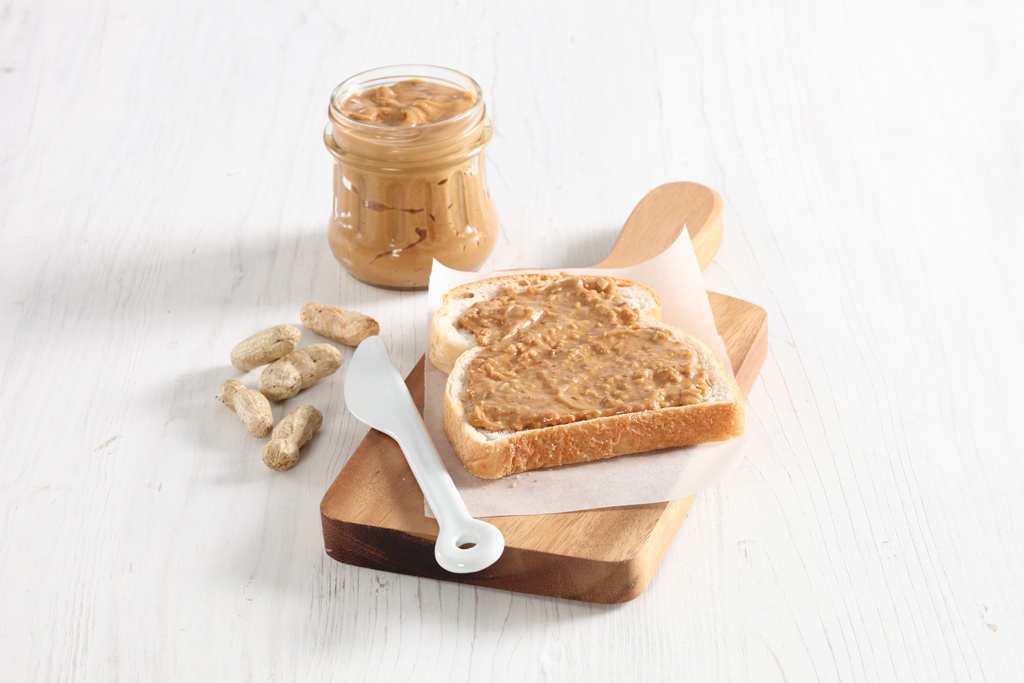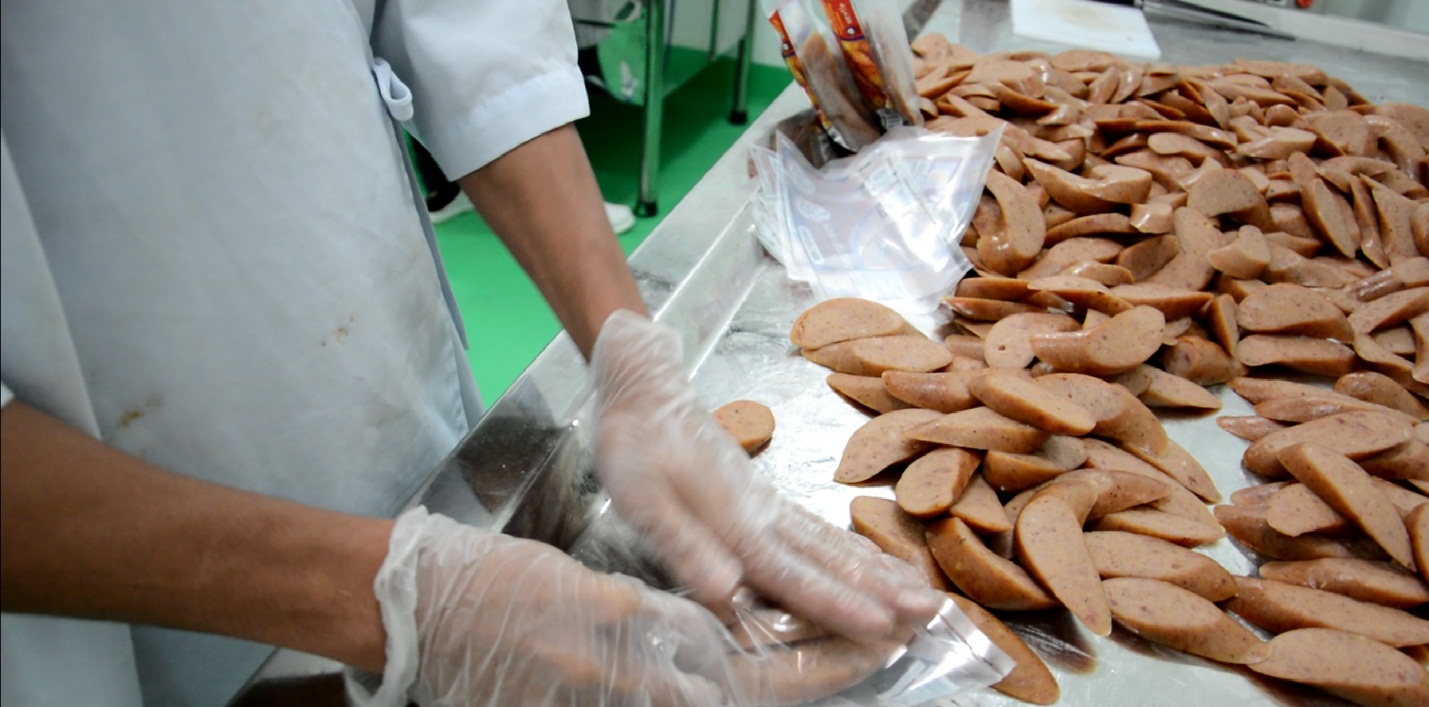AboutNewsRegional ProfileMSMEs Success Stories
DTI 04-B or MIMAROPA is composed of the provinces of Mindoro (Occidental and Oriental), Marinduque, Romblon, and Palawan. There are two cities—Calapan and Puerto Princesa—and 71 municipalities in the entire region.
MIMAROPA is envisioned as the food basket for the country and a haven for tourism, industry, and technology. It is dubbed as the “Treasure Trove of Southern Luzon.” and is known for its marble products, handicrafts made from indigenous materials, and fruits such as bananas, cashew, and mangoes.
ORLANDO, FLORIDA -- The Philippines’ 7th participation in the HIMSS Global Conference and Exhibition (HIMSS24) generated an initial sales amounting to US$ 53 million (inclusive of closed deals, contracts under negotiation, potential sales to be nurtured) plus additional potential direct investment amounting to US$ 50 million in the next three
Read more. The Philippines’ merchandise exports surged by 15.7% in February 2024, recording USD 5.9 billion compared to USD 5.1 billion over a year earlier, based on preliminary data from the Philippine Statistics Authority (PSA). This significant growth is a promising indicator for the Philippine economy, driven largely by the robust upturn
Read more. BANGKOK, THAILAND -- The participation of Philippine coconut exporters in THAIFEX-Anuga Asia 2023 generated a total of USD 6.90 million in initial export sales during the five-day trade exhibition held on 21-27 May 2023 at Impact Muang Thong Thani Bangkok, Thailand. The Department of Trade and Industry - Export Marketing
Read more. The participation of Philippine exporters in the Salon International de l’Alimentation Paris (SIAL) generated a total of USD 25.7 million in initial export sales during the five-day trade exhibition held on 15-19 October 2022 in Paris Nord Villepinte, Paris, France. A Coconut Philippines Pavilion was mounted in SIAL Paris 2022
Read more. The Coconut Philippines successfully debuted at the 5th China International Import Expo (CIIE) held in Shanghai, China on 5-10 November 2022 with an onsite sales amounting to USD17.8 million. Since its maiden edition in 2018, the CIIE has become the world’s largest import show, serving as an economic link ibetween
Read more. The Department of Trade and Industry (DTI), through the Export Marketing Bureau (EMB) and Philippine Trade and Investment Center (PTIC) – Kuala Lumpur will lead 16 manufacturers of coconut, coffee, and cacao products to the 8th Selangor International Expo – F&B on 6-9 October 2022 in Kuala Lumpur, Malaysia. The
Read more. The Department of Trade and Industry - Export Marketing Bureau (DTI-EMB) and ASEAN-Japan Centre jointly organized the Philippine Creative Services’ participation in Content Tokyo, in partnership with Philippine Trade & Investment Center (PTIC) – Tokyo, which was held from 26 June to 02 July 2022. PTIC-Tokyo organized the mission’s weeklong
Read more. Scandinavian countries are the highest per capita consumers of coffee in the world. According to the CBI Ministry of Foreign Affairs, there is an opportunity for coffee origins and suppliers as evidenced by the emergence of small specialty coffee roasters in the region.
Read more. The Department of Trade and Industry-Export Marketing Bureau (DTI-EMB) is inviting Filipina exporters to apply for "SheTrades Global Dubai" organized by its partner organization, the International Trade Centre (ITC). The deadline for application is on 30 June 2021. SheTrades Global Dubai is the premier global business event to connect women
Read more. Finance Secretary Carlos Dominguez III has identified technology and halal as potential areas for trade and investment collaboration with Indonesia in a move that signals the country’s commitment to deepening bilateral relations with the largest economy in Southeast Asia.
Read more.Region IV-B, also known as MIMAROPA, located at the heart of the archipelago is dubbed as the Treasure Trove of Southern Luzon. The name is an acronym that stands for its provinces, which are: Mindoro Occidental, Mindoro Oriental, Marinduque, Romblon, and Palawan. There are only two cities in the entire region: Calapan City in Oriental Mindoro and Puerto Princesa City in Palawan, while there are 71 municipalities that comprise the region.
The region was created on May 17, 2002, dividing region IV into regions IV-A and IV-B. It is envisioned that the division of the regions will effect a more equitable distribution of wealth and spur countryside development in MIMAROPA. Most recently, the roll-on roll-of (RO-RO) inter-island shipping lane received a big boost when the Strong Republic Nautical Highway (SRNH) was launched. The RO-RO transport system is envisioned to bridge the islands and open new markets in the areas of trade and tourism. MIMAROPA is envisioned to serve as part of the backbone of the country’s RO-RO network.
PROVINCIAL PROFILES
| Mindoro Occidental |
Mindoro Occidental lies on the western part of the island of Mindoro. It is located south of the province of Batangas in Southern Luzon and Northwest of the Visayas. The province is bounded on the north by the Verde Island Passage, on the west and south by Mindoro Strait and China Sea, and on the east by its sister province, Mindoro Oriental. Agriculture propels the economy of Mindoro Occidental and of, the various agricultural activities; rice farming is the most prevalent which makes the province the highest palay producer in Region IV-A and IV-B. It is among the country’s top agricultural producers, the so-called “Food Basket of the Philippines”. Major agricultural products include rice, corn, coconut, tobacco, garlic, onions, mango, banana, melons, and peanuts. Fisheries and aqua-marine products include salt, milkfish, prawn, tuna, octopus, and seaweeds. The island of Mindoro is internationally recognized as an area for bio-diversity conservation. It has great potential foe eco-tourism for there are not only one but two well-renowned national parks in the province: Apo Reef Marine National Park, located in Sablayan, is the largest reef in the country and second largest in the world; and Mt. Iglit-Baco National park, which was proclaimed as Tamaraw Reservation and Bird Sanctuary in November 1970 and covers the Municipalities of Sablayan, Calintaan, Rizal and San Jose. Other tourist destinations include the Pandan Island Resort, Libuao and Tabtaban Lakes, Malatong-tong River and Falls, Cabacungan Lake and Falls, and Parola Park in Sablayan; the Calawagan Mountain River and Falls in Paluan; the Tamaraw Gene Pool in Rizal; and for cave enthusiasts there is the Purnaga Cave in Magsaysay. |
| Mindoro Oriental |
Mindoro Oriental is a tropical island paradise of the Southern Tagalog Region, the next big island to the south of Manila and the seventh largest island in the Philippines. Mindoro Oriental has been a home to the admired reflections of creation such as the solemn ambiance of waterfalls, the inviting splashes of white beaches, the thriving green forests, the mysterious adventure of caves, the delightful variety of seafood, the main home of the Mangyans and most especially the irresistible hospitality of the Mindorenos. Mindoro Oriental’s bulk of outward merchandise consists of rice, banana, calamansi, livestock, and poultry, and fish products. Inward merchandise, on the other hand, consists mainly of petroleum products, basic and prime commodities, consumer electronics, motor vehicles and parts, and construction materials. The stability of the supply of these goods contributed a consistent single-digit inflation rate is lower than the regional and national averages. Major trading partners are the nearby CALABARZON provinces and Metro Manila which are currently the center of the countries’ economic gravity. As the province envisions becoming a food basket, sixty percent (60%) of the identified products for development under the One Town, One Product (OTOP) program are into food processing which lies in the availability of raw materials, production areas and the presence of local labor. Noted are processed food consists of virgin coconut oil, banana chips, processed fish and meat, pastillas, buko pie, calamansi, dried mango, and dalandan juice. |
| Marinduque |
Marinduque is a small heart-shaped island located south of Manila, between Bondoc Peninsula at the southeastern portion of Luzon and Mindoro Island. It has a total land area of 95,625 hectares including four major islands, three minor ones and five islets off the coast. It is considered the smallest territorial size among the provinces in the country. The main economic activities of the province are agriculture and fishing. Root crop based products such as sweet potato and arrowroot grow abundantly in the province. In recent years, the province has identified several key priority industries for promotion and development. Buntal handloom woven products have been aggressively promoted here and abroad because these products have been commanding better prices in any market because of their intricate weaves and the obvious good amount of labor that went with them. In food processing industry, root crop-based products such as arrowroot and processed fish such as bagoong and patis have also been promoted. The province of Marinduque is also famous for its Morion Festival, a quaint celebration of the Holy Week. Foreign and local tourists including homegrown Marinduquenos living elsewhere flock to the island to witness the theatrical presentations. However, more than the said festival, Marinduqu offers more: beaches lapped by clear, sparkling water; ancient caves accessible only to the intrepid; hidden waterfalls of rainshower coolness; scenic drives and picnic spots; Spanish churches standing and ruins of Baroque/Roman influences; a warm, friendly and hospitable people; and exotic souvenirs from indigenous materials. |
| Romblon |
Romblon is composed of three major and seventeen small islands situated in the center of the Philippine archipelago. The total land area of the province is approximately 135, 590 hectares representing three percent of the total land area of the Southern Tagalog Region. Romblon is famous around the world for its marble being one of the finest. But the province is not all about marble. Now, more people are discovering the quality of other products. Coconut is the number one crop grown in the province with a total planted area of 58, 345.50 hectares having 7,783,027 trees. Other crops grown in the province include bananas, mango, star apple, root crops, vegetable and other fruit trees. Local products in the province has found a home in Odiongan’s Pasalubong Center which caters to 26 micro entrepreneurs in the selling of their products ranging from handicrafts items and processed foods such as peanut butter, peanut brittle, ginger tea, candies made from local fruits like sampaloc and bukayo. The fishing ground of Romblon is a migratory path of fishes from Sulu and the Visayan Seas passing Tablas Strait, Sibuyan Sea and Romblon Pass. The mountains are also teeming with non-metallic minerals like kaolin clay, nickel, magnesite, quartz, silica, mercury, zinc, copper, silver, laterite soil, limestone, and sulfide ores. Several of these non-metallic minerals have been explored, such as nickel and magnesium with total mineral reserve of around 13 million metric tons. Romblon’s exotic blend of sun, sea and forest together with its peaceful and friendly people make it an enchanting destination for nature and adventure travelers. Both local and international tourists can have t heir pick of the diverse and interesting places and activities they can find in its 20 islands and islets. The province has white sand, beaches, secret coves and serene islets, waterfalls, historical sites, 400-year old churches and caves believed to be ancient burial sites. Mt. Guiting-Guiting National Park in the island of Sibuyan is a famous site for mountain climbing. Moreover, it is a center for plant diversity and home to many native, endangered, rare and vulnerable birds, animals and reptiles. |
| Palawan |
Palawan is an archipelago of 1,768 islands located in the western part of the Philippines, with Puerto Princesa City as its capital. Dubbed as the Philippines’ last ecological frontier, Palawan harbors vast track of tropical rainforests and a huge expanse of marine wilderness. It is also proclaimed as Fish and Wildlife Sanctuary and Habitat of 232 endemic species and named as World Heritage Site for its highly diverse collection of fishes and other marine life by the United Nations Educational Scientific and Cultural Organization (UNESCO). The province has 176 fishing grounds, which supply 65% of Metro Manila’s fish consumption. Existing products where Palawan is known for are fresh and dried fish, “lamayo”, fish fillet, smoked fish, tuna cuts, spicy dilis, tuna sausage, tuna spring rolls, and delectable fish cuisine which are served in hotels/restaurants. Other marine products produced and exported are live grouper and seaweeds with an approximate production of 260,606 MT 9fresh). Cashew is one of the important crops locally processed into delicacies such as roasted, fried/salted, brittle, “bandi”, pulvoron, barqueron, cashew wine, cashew prunes and other delicacies with roasted whole nuts as the major product. Raw cashew nuts are also shipped out to India, Pampanga, Manila, and Antipolo cashew processors. Other crops produced are rice, corn, coconut, and mango. It also has existing plantations of rubber and palm oil trees. It also produces ethnic handicrafts being supplied to Manila-based exporters and as souvenir items for tourists in support to the tourism industry. Mining is another major industry in Palawan. There are large reserves of nickel. Palawan’s natural gas and oil deposits are the largest in the country. Other mineral deposits include chromite, copper, silica, marble, quicksilver, manganese, cement, uranium, limestone, barite, feldspar, sand, gravel, pebbles and guano. Tourism is fast becoming a pillar of the local economy. Among the popular tourist destinations are Puerto Princesa City, El Nido, Coron, Busuanga and Port Barton. Most frequented tourist spots are the Underground River, Tabon Caves, islands and beaches, Tubbataha Reef, Natural Park and Wildlife Sanctuary. |
ATTRACTIONS
Occidental Mindoro
• Apo Reef, Sablayan, Occidental Mindoro
• Pandan Island, Sablayan, Occidental Mindoro
• Grace Island, San Jose, Occidental Mindoro
• Calawagan Mountain River, Paluan, Occidental Mindoro
• Tayamaan Beach, Mamburao, Occidental Mindoro
Oriental Mindoro
• Puerto Galera, Oriental Mindoro
• Varadero Bay, Puerto Galera, Oriental Mindoro
• Aras Cave, San Teodoro, Oriental Mindoro
• Naujan Lake, Oriental Mindoro
Marinduque
• Malbog Sulfur Spring, Buenavista, Marinduque
• Tres Reyes Islands, Gasan, Marinduque
• Paadjao Falls, Mogpog, Marinduque
Romblon
• Cresta de Gallo Islet, Sibuyan Island, Romblon
• Looc Fish Sanctuary, Looc, Romblon
• Mt. Guiting-Guiting, Sibuyan Island, Romblon
• Aglicay Beach Resort, Alcantara, Romblon
Palawan
• Coron Island, Palawan
• Tubbataha Reef Marine Park, Puerto Princesa City, Palawan
• Puerto Princesa Subterranean River National Park, Puerto Princesa City, Palawan
• Caluit Island Wildlife Sanctuary, Calauit Island, Palawan
• Palawan Crocodile Farm, Puerto Princesa City, Palawan
• El Nido Marine Reserve Park, El Nido, Palawan



